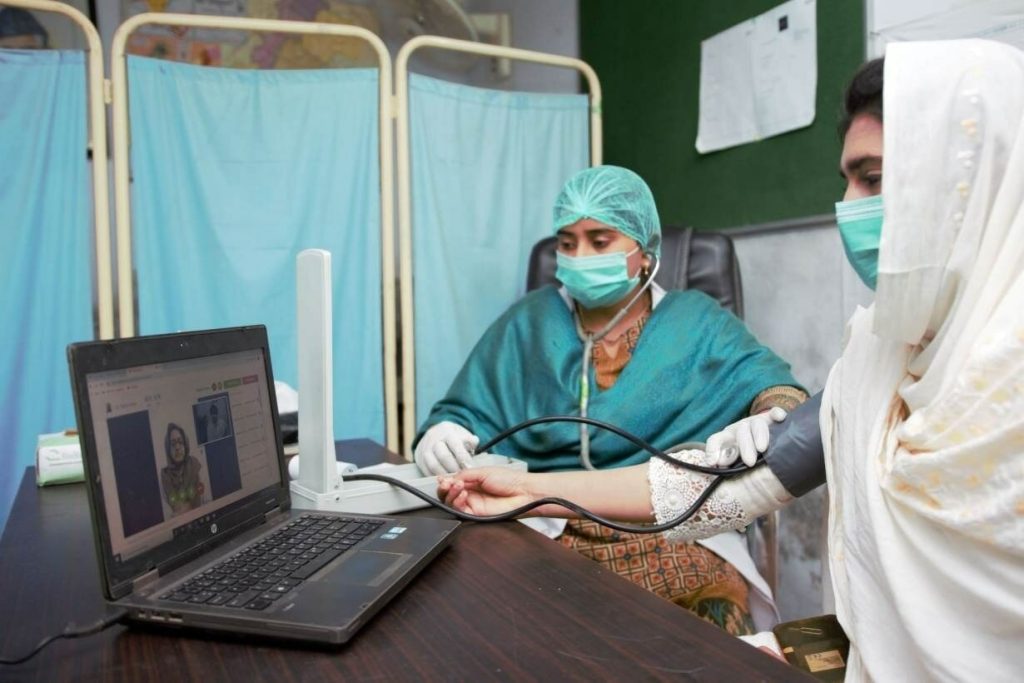Justice and dignity are intrinsically linked, with one often reinforcing the other. Yet, when justice is delayed, denied, or corrupted, it not only impacts the individuals involved but also erodes their dignity—a fundamental human right. In Pakistan, systemic failures in the justice system have left countless victims waiting for closure, often stripping them of their inherent worth and respect.
The Cost of Justice Denied
The inability to deliver timely and fair justice creates a ripple effect that transcends individual cases. Victims of systemic inefficiencies often endure prolonged suffering, social ostracization, and economic hardship. Justice denied sends a message that accountability is selective and that the marginalized have little recourse.
Dignity as a Casualty
For many, seeking justice is an act of reclaiming their dignity. However, when the justice system fails, victims often experience humiliation and dehumanization. The public nature of trials, the stigmatization of complainants, and the delays in proceedings can exacerbate their trauma, turning the quest for justice into a source of additional suffering.
Root Causes of Systemic Failures
- Overburdened Judiciary: Courts are inundated with cases, leading to delays that undermine trust in the system.
- Corruption: Widespread corruption within the legal and law enforcement sectors compromises the impartiality of justice.
- Lack of Accessibility: For marginalized groups, barriers such as financial constraints, illiteracy, and geographic distance make accessing justice a daunting task.
- Cultural Stigma: Societal attitudes often discourage victims, particularly women, from pursuing justice due to fear of backlash.
A Call for Comprehensive Reform
Addressing the dual issue of justice and dignity requires systemic reforms that prioritize efficiency, transparency, and inclusivity:
- Judicial Efficiency: Expedited case handling and the adoption of technology can reduce backlogs.
- Anti-Corruption Measures: Strict accountability for judicial and law enforcement officials is essential to restoring faith in the system.
- Victim-Centric Policies: Legal procedures must prioritize the dignity and well-being of victims, ensuring they feel heard and respected throughout the process.
- Awareness Campaigns: Public education on legal rights and available resources can empower citizens to seek justice without fear.
The denial of justice and the erosion of dignity are symptoms of broader systemic issues that require urgent attention. Ensuring justice is not just about legal verdicts—it’s about restoring faith, protecting human rights, and affirming the inherent dignity of every individual. By committing to comprehensive reforms, Pakistan can take significant strides toward a justice system that upholds both fairness and respect for all.



Comments (0)
No comments yet. Be the first to comment!
Leave a Comment